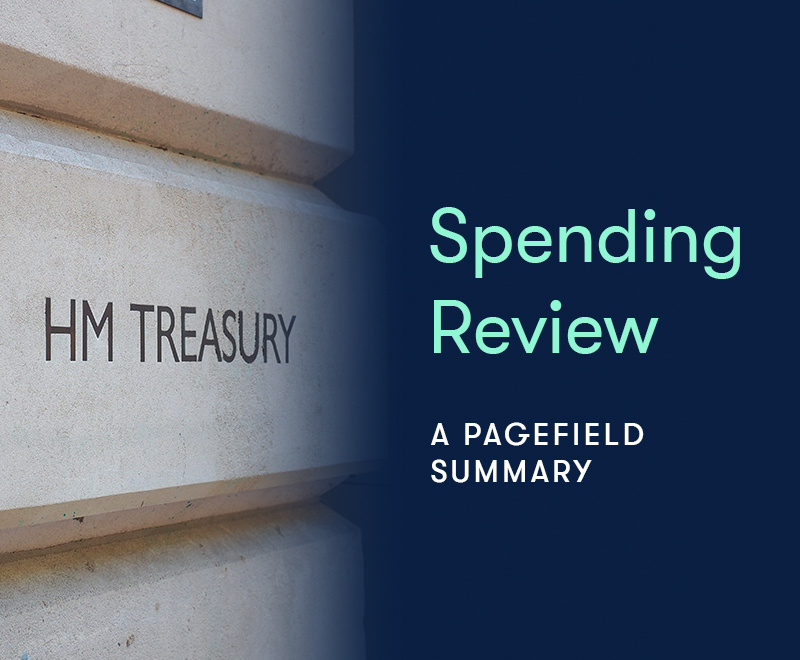Giles Winn, a Senior Advisor at Pagefield and a former Special Advisor to the Chancellor of the Exchequer (2017-2019), describes the feverish preparation inside 1 Horse Guards Road ahead of Budget day.
“Delivering a Budget is like landing a plane.” That’s what one veteran civil servant told me shortly after I joined the Treasury. “You’ve got to realise there’s only a very narrow strip you can actually land this thing on – and if you judge it wrong, you’re in real trouble.”
The advice is spot on – but the hardest part is actually finding the runway.
You do that through extensive engagement – ideally with all of the groups or sectors that will be impacted positively or negatively by Budget measures – but most importantly with business groups, campaign bodies, and MPs. Tory MPs are the most important of these groups for the simple reason that their vote is needed to pass the Budget – therefore any significant negative feedback in advance is material. The phenomenal Treasury machine will drive the programme of engagement – but the Chancellor and his political team will need to get their own birds eye view of the lay of the land. So trusted relationships with key stakeholders are vital here to get a sense of expectation and likely reception.
Once you’ve established what you need to do – what measures you need to successfully ‘land’ the Budget – the Treasury will test it thoroughly. In the weeks leading up to Budget day, officials and advisors will go through every measure line by line to check for the tiniest of threads – no matter how small – that could unravel. The ghost of the pasty tax looms large in the corridors of 1 Horse Guards Road – so the focus is on unintended consequences. The problem is that the sheer volume of measures and the bland formality of language makes them difficult to spot. A ‘Call for Evidence on Cash and Digital Payments in the New Economy’ sounds harmless enough in a long list of technical reviews and consultations – but a campaign in three national newspapers to ‘stop Hammond from axing the 2p coin’ is a real headache.
And finally once you’ve tested the Budget to destruction, you need to prepare the ground by managing expectations. First, establish where expectations are already – both on specific measures and on the overall picture – and second, manage them downwards. It sounds simple but it’s harder than you might think – and pressure will come to bear from No10 who will understandably be unhappy about negative headlines calling on the government to ‘abandon proposals’ or ‘urging’ the Chancellor to ‘rethink his plans’. If you’ve done the job right, then the Sunday papers before budget day will be full of alarm from lobby groups and warnings from backbench MPs – but you have to hold your nerve.
A job well done will be rewarded with congratulatory headlines in the press, a bounce from the markets, and cheers in the House of Commons chamber. Given Covid restrictions, those cheers will be quieter than in normal times. But still the question that will get asked more than any other at the Treasury over the next few days will be ‘how is all this going to land’.




